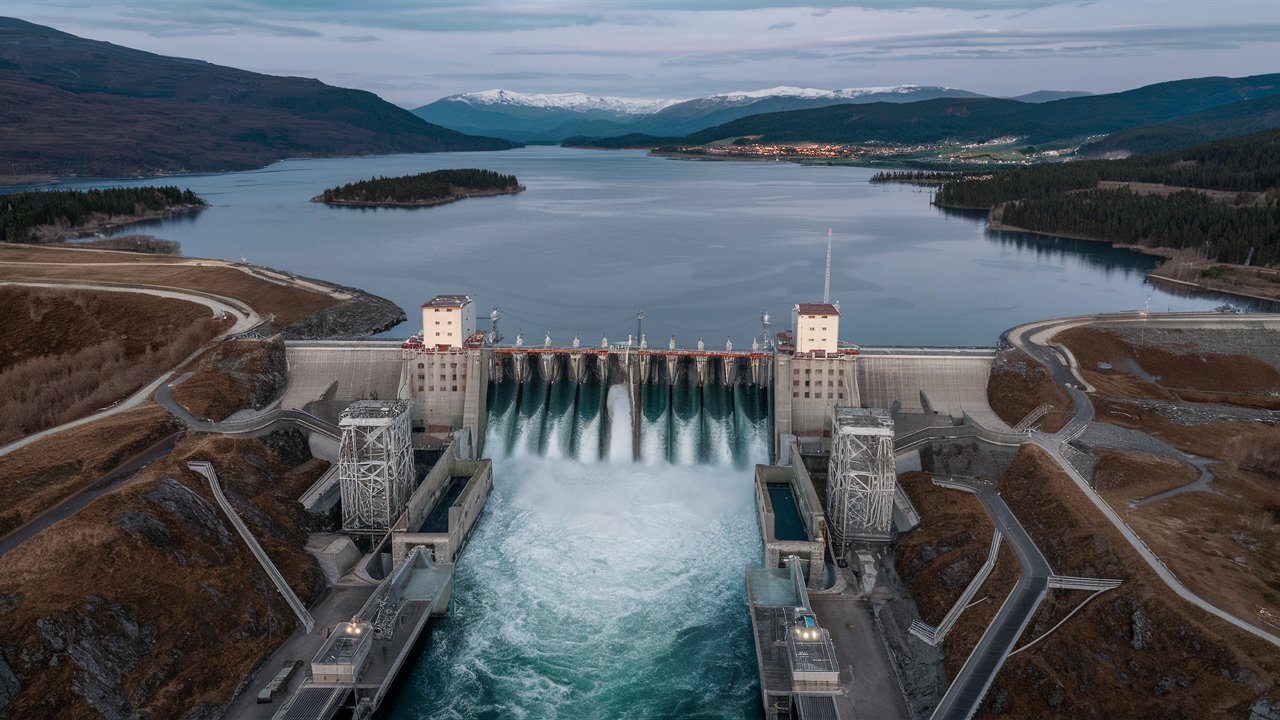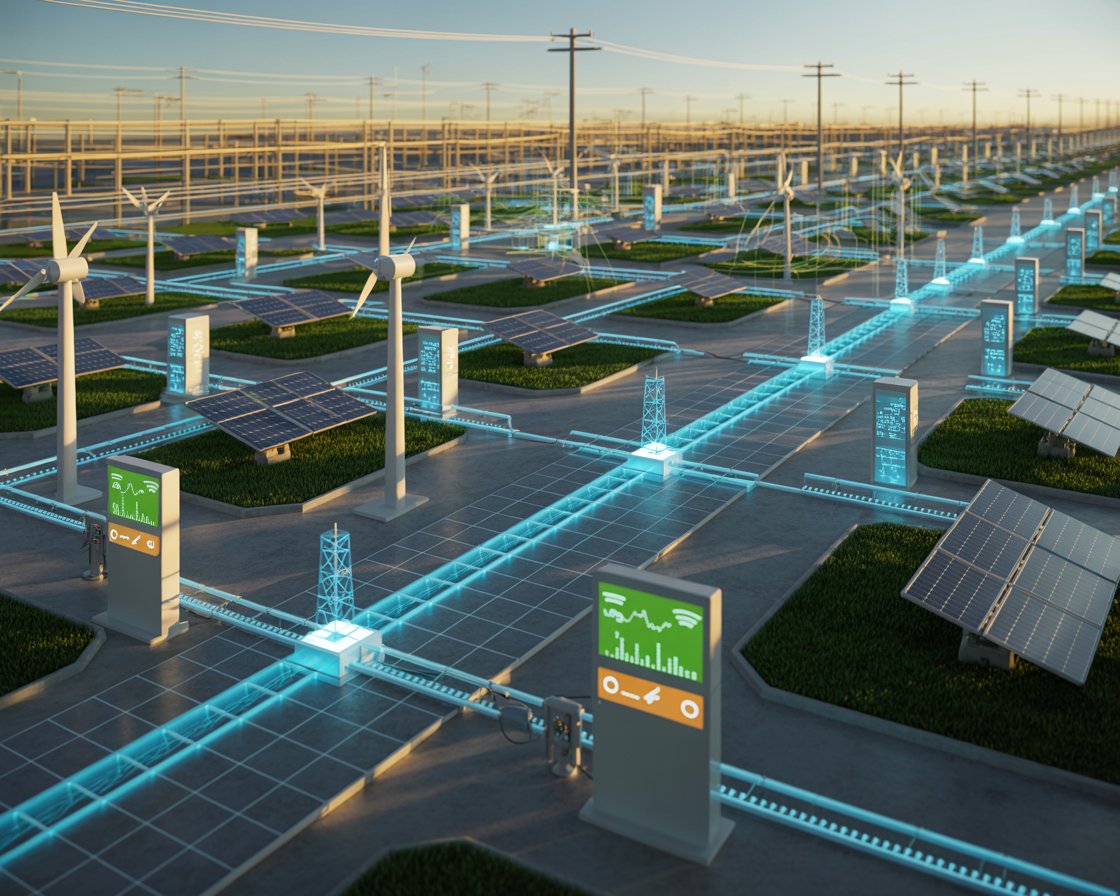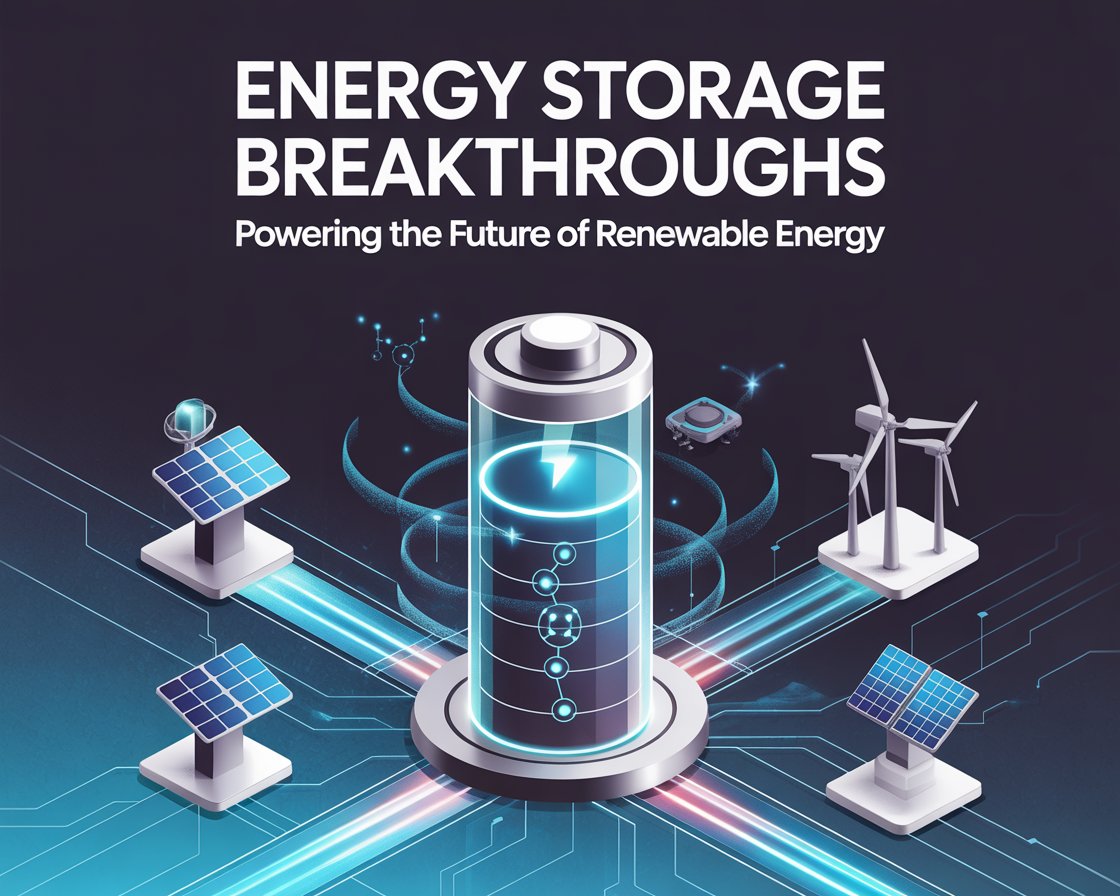Hydropower plants are significant sources of renewable energy that harness the power of flowing or falling water to generate electricity.
This article examines the Advantages and disadvantages of hydropower plants associated with hydropower generation.
Advantages of Hydropower Plants
1. Renewable Energy Source
Hydropower is renewable because it relies on the natural water cycle, which is replenished by rainfall and snowmelt.
2. Low Greenhouse Gas Emissions
Hydropower plants produce minimal greenhouse gas emissions compared to fossil fuel-based power plants, making them environmentally friendly.
3. Reliable and Flexible
Hydropower provides a stable and predictable source of electricity, contributing to grid stability and reliability. It can quickly respond to changes in demand, making it flexible for balancing power fluctuations.
4. Long Lifespan and Low Operating Costs
Hydropower plants have long lifespans, often exceeding 50 years, and relatively low operating costs once constructed, leading to economic advantages over time.
5. Water Management Benefits
Hydropower plants often provide additional benefits such as water supply for irrigation, flood control, and recreational opportunities through reservoir management.
6. Energy Independence and Security
Countries with abundant water resources can achieve energy independence by relying on hydropower, reducing their dependence on imported fossil fuels.
Disadvantages of Hydropower Plants
1. Environmental and Social Impact
Large-scale hydropower projects can lead to significant environmental impacts, including habitat destruction, alteration of aquatic ecosystems, and displacement of communities due to reservoir creation.
2. High Initial Capital Costs
The construction of large dams and associated infrastructure requires substantial initial investment, which can be economically prohibitive for some regions.
3. Risk of Reservoir Sedimentation
Over time, reservoirs can accumulate sediment, reducing their storage capacity and affecting downstream ecosystems and water quality.
4. Geographical Limitations
Hydropower generation is dependent on suitable geographic features such as rivers and waterfalls, limiting its widespread applicability compared to other renewable energy sources like solar and wind.
5. Potential for Dam Failures
While rare, dam failures can have catastrophic consequences, leading to flooding, loss of life, and property damage downstream.
Conclusion
Hydropower plants offer significant advantages as a renewable and reliable source of electricity.
However, they also present challenges related to environmental impact, economic feasibility, and social considerations.
We are making efforts to mitigate the drawbacks associated with hydropower generation as technology advances and environmental awareness grows.





Leave a Reply